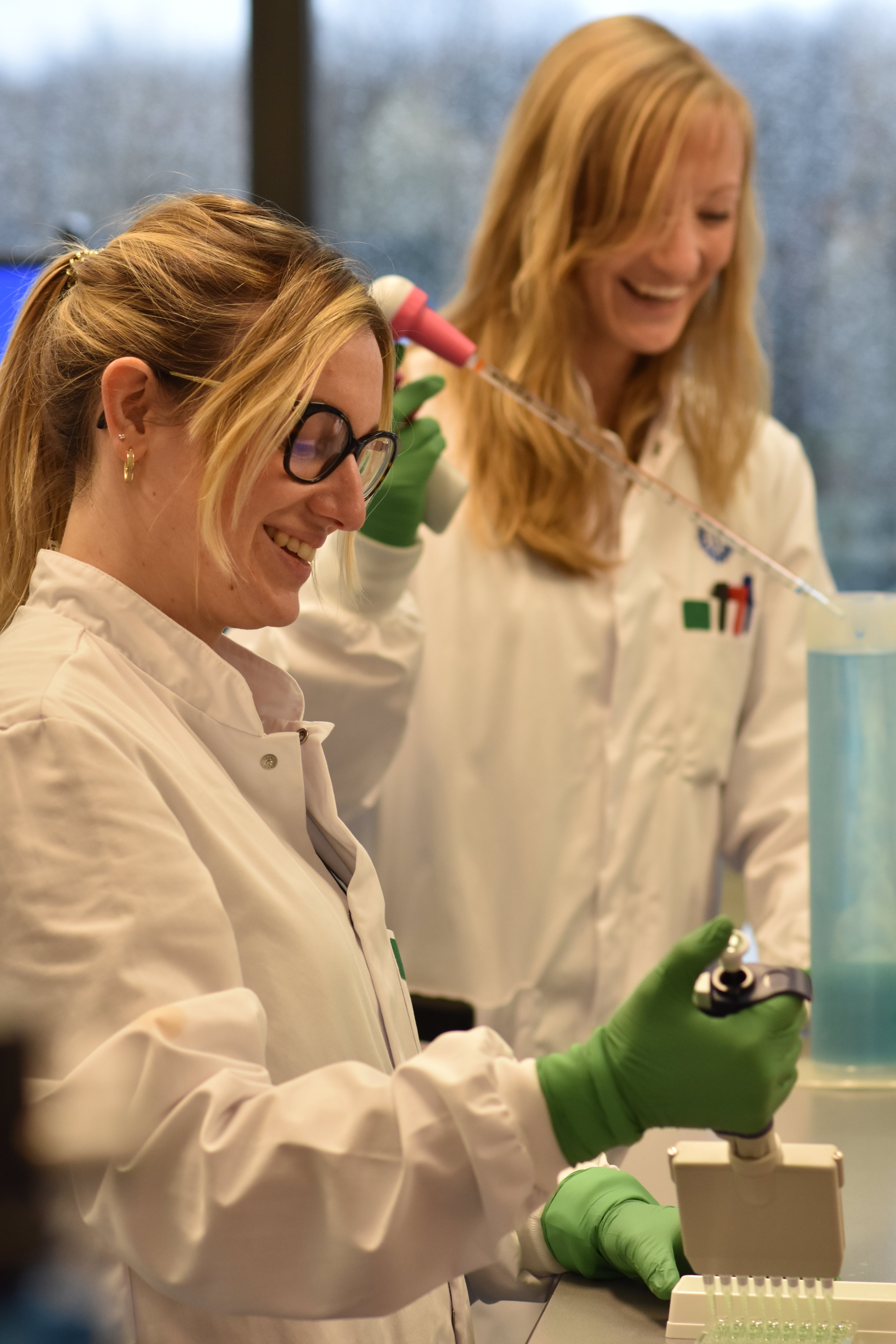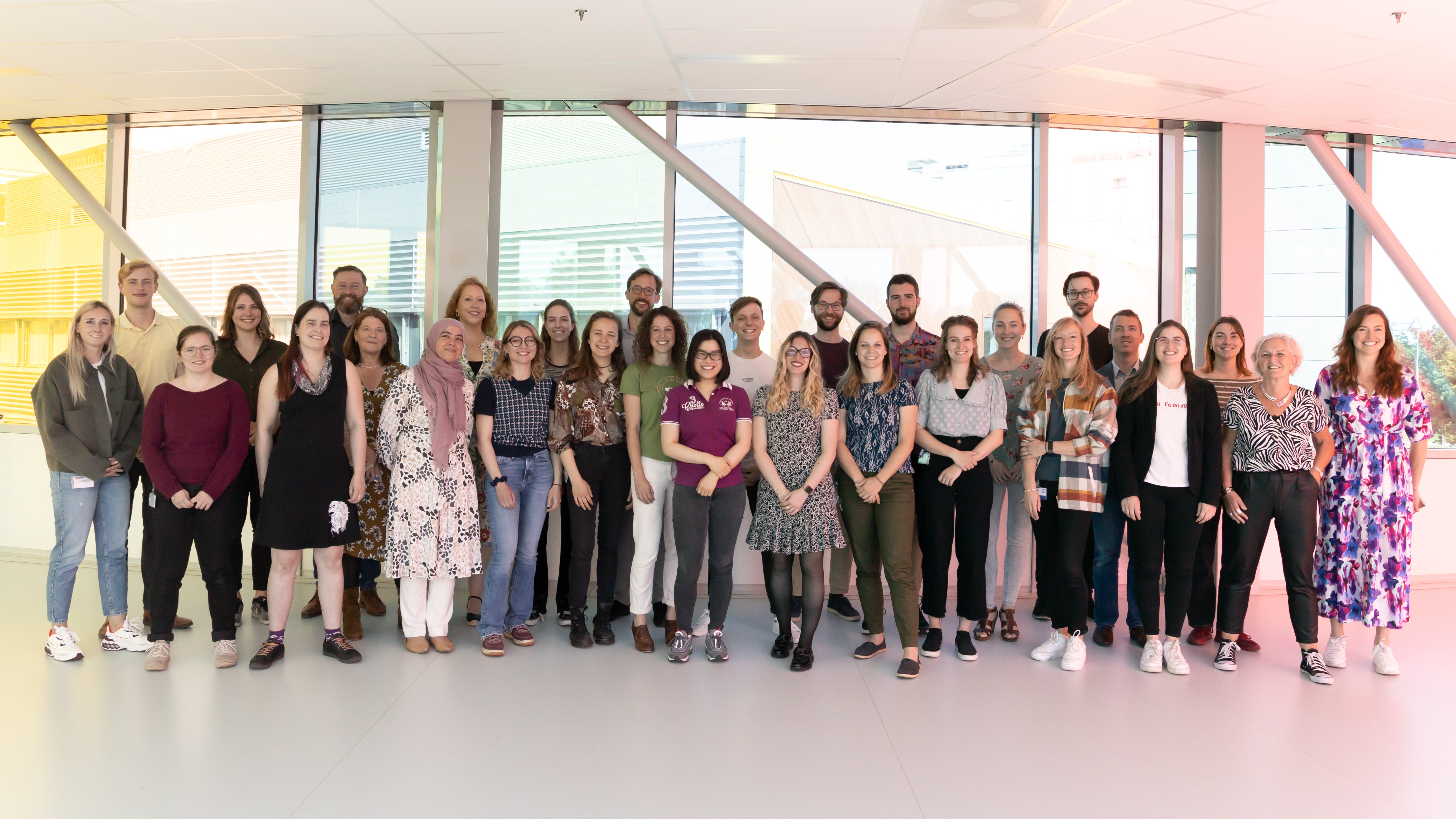Department for Developmental Origins of Disease (DDOD)
Department for Developmental Origins of Disease (DDOD)

The DDOD-lab studies how adverse early life events, like (extreme) preterm birth or hypoxic-ischemic perinatal events, lead to injury in the developing brain and how this impacts neurodevelopmental outcome in the long run. We explore the pathophysiological mechanisms of early brain injury and focus on the development of novel therapeutic neuroprotective and neuroregenerative strategies to improve outcome after neonatal brain damage.
Research interests / topics uitklapper, klik om te openen
Brain damage in the earliest stages of life can have devastating effects on the quality of life. This condition affects thousands of children each year in the Netherlands. Survivors report a wide range of consequences, such as childhood epilepsy and cerebral palsy. These disorders often affect motor functioning, cause hypersensitivity and impair social behavior and cognition.
The Department for Developmental Origins of Disease (DDOD), an integral part of the division Woman & Baby, includes several research groups and is involved in (bio)medical teaching.
The research performed at the DDOD laboratory is translational of nature and can be dissected into six complementary and synergistic research lines. All research teams collaborate throughout the various projects, highlighting the collaborative environment at the DDOD.
- Cellular and molecular mechanisms in the injured newborn brain
- Early life stress
- Nutraceuticals for the developing brain
- Regenerative strategies for the injured neonatal brain
We take a true bench-to-bedside approach by using clinically relevant cell- and animal-models to closely mimic brain injury in the human newborn and to test new treatment options via clinically applicable routes relevant to the target patient. We closely collaborate with the department of Neonatology to translate our preclinical findings to the infants at the Neonatal Intensive Care Unit.
Group members

Group members
Internships
The Department for Developmental Origins of Disease hosts various types of internship positions:
- Laboratory sciences (MLO, HLO)
- Biomedical bachelor research projects
- Biomedical master research projects
- Writing assignments
You can always send in an application. Please send a letter of interest with your CV to ddod@umcutrecht.nl.
Education
More about our education activitities.
Contact information
Postal address: Wilhelmina Kinderziekenhuis, Lundlaan 6, room KC.03.068.0, 3584 EA, Utrecht.

